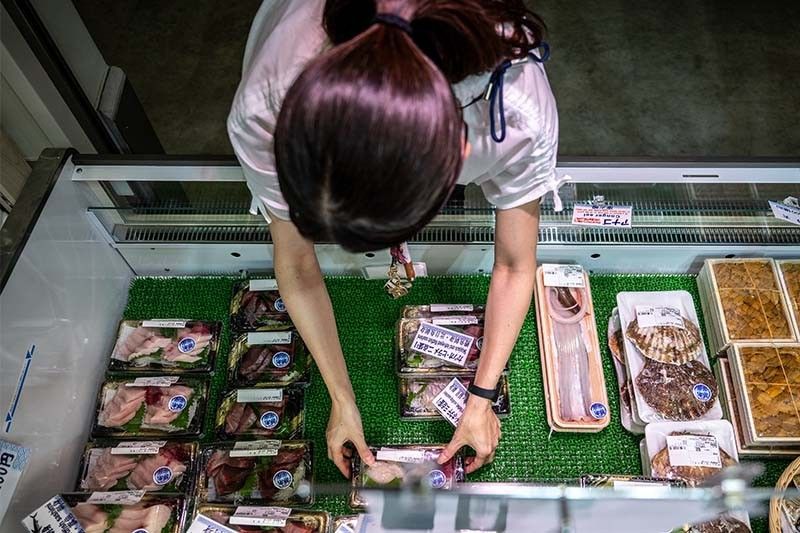Russia suspends Japanese seafood imports

MOSCOW, Russia — Russia said Monday it was suspending all Japanese seafood imports, mirroring a recent move by China over Tokyo's release of wastewater from the crippled Fukushima nuclear plant.
Rosselkhoznadzor, Russia's body responsible for regulating agriculture products, said it was "joining China's provisional restrictive measures on the import of fish and seafood products from Japan as of October 16, 2023" as a "precautionary measure".
It said the restrictions would remain in place "until the necessary exhaustive information to confirm the safety of seafood produce ... is forthcoming."
China in late August banned all Japanese seafood imports over what it termed the "selfish" and "irresponsible" release of Fukushima wastewater.
Japan on August 24 began a first discharge phase of treated contaminated water from the stricken plant into the Pacific Ocean in an operation it insists is safe. It began the second phase on October 5.
But the move has sparked a fierce backlash from neighbours, led by the Chinese, who imported more than $500 million worth of seafood from Japan last year, according to customs data.
In 2011, three reactors at the Fukushima-Daiichi facility in northeastern Japan went into meltdown following a massive earthquake and tsunami that killed around 18,000 people.
The release of the wastewater has been deemed safe by the International Atomic Energy Agency.
But Beijing says Tokyo has not proved the authenticity and accuracy of the nuclear wastewater data, nor that the ocean discharge of the water is harmless to the marine environment and human health.
In all, Tokyo intends to discharge into the Pacific Ocean around 540 Olympic swimming pools' worth of heavy water -- some 1.3 million cubic metres (345,000 gallons) -- from Fukushima in a gradual process lasting into the 2050s, according to the official schedule.
The water has been treated to remove radioactive substances with the exception of tritium, then diluted with seawater prior to discharge to ensure its radioactivity level does not surpass 1,500 becquerels per litre -- 40 times less than the Japanese norm for this kind of operation.
- Latest
- Trending
































